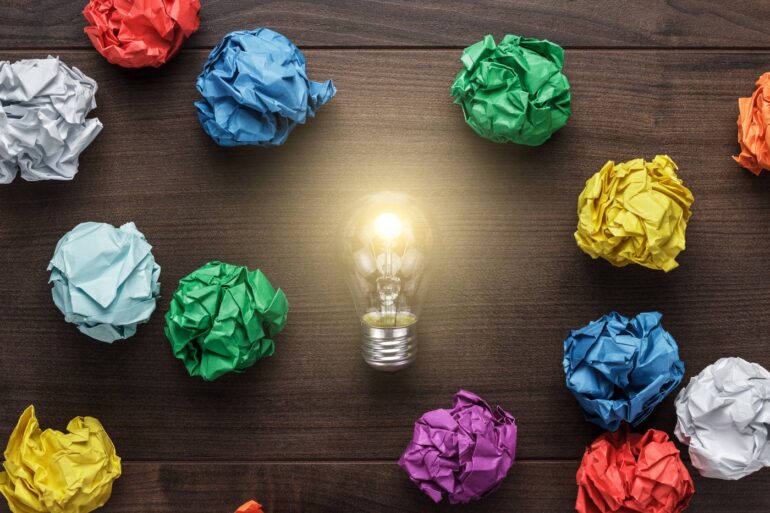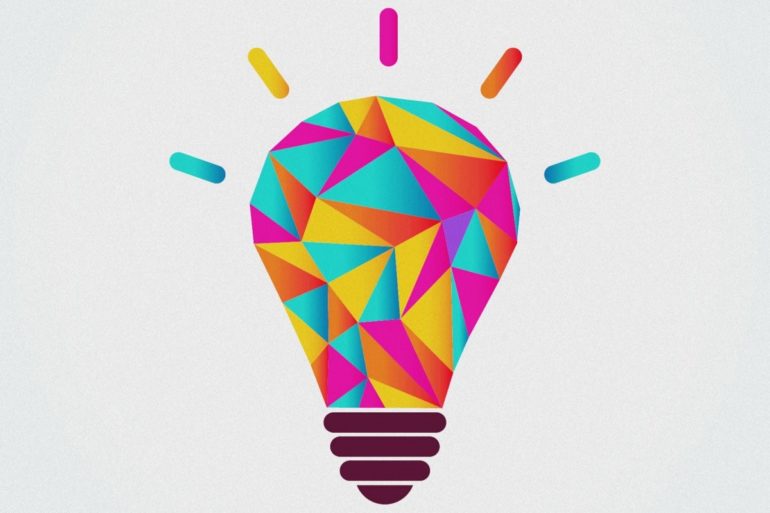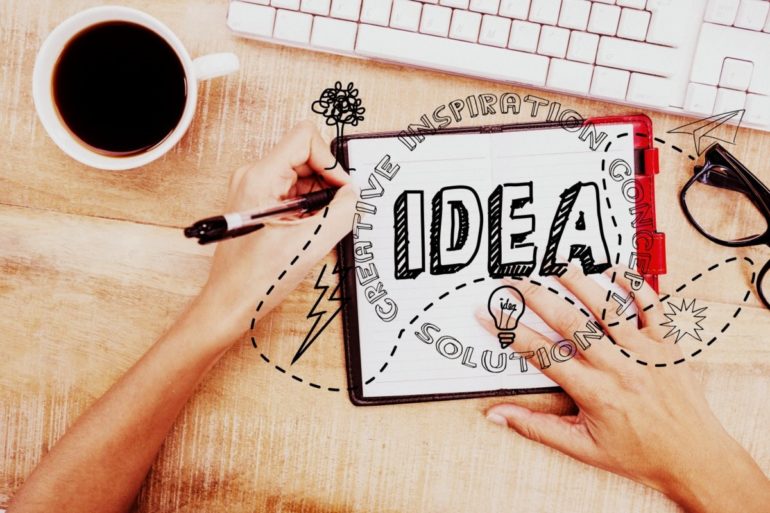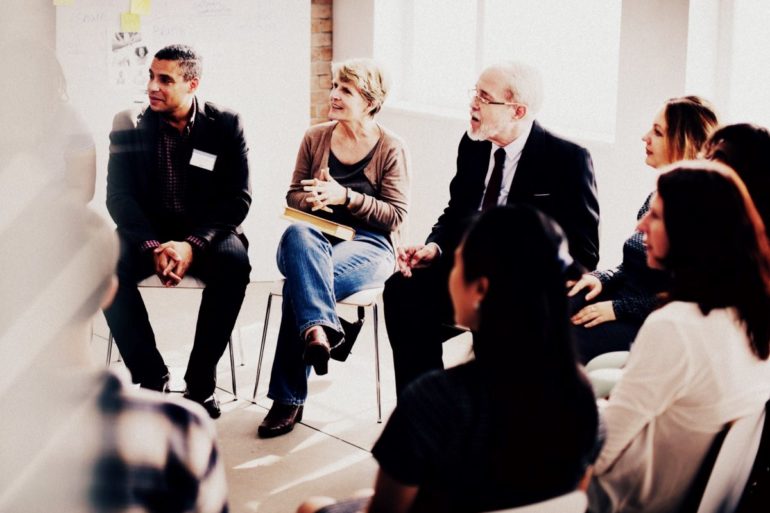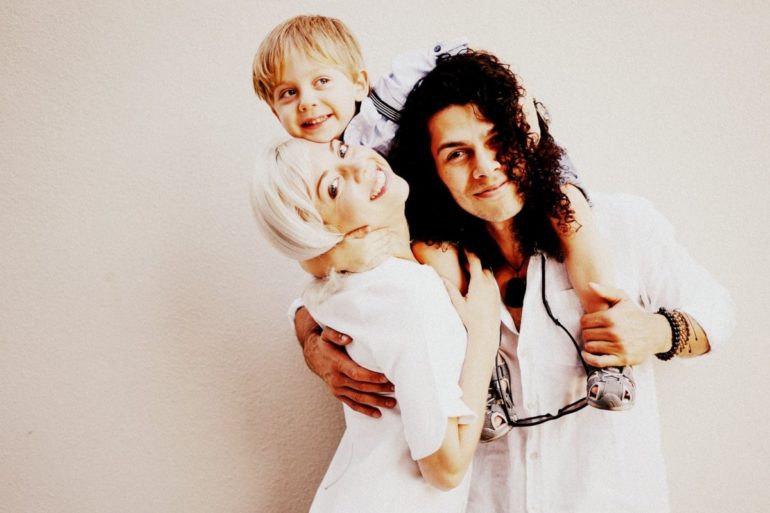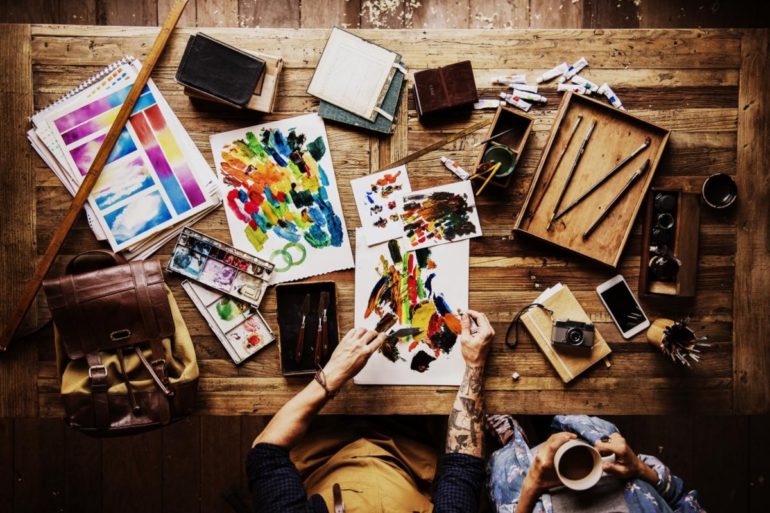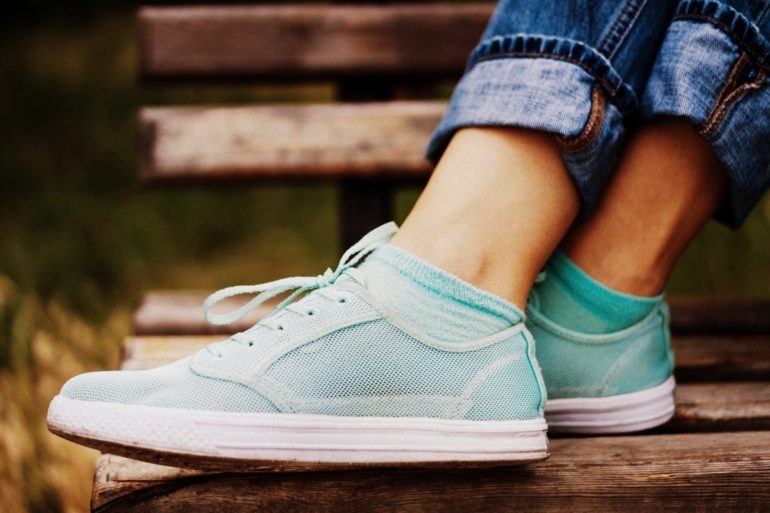Were Albert Einstein and Leonardo da Vinci born brilliant - or did they acquire their intelligence because they knew to try harder?
Science has shown that even a brief sleep - a power nap - can significantly improve your ability to remember what you've learned. Here's how.
How do ideas spread? What messages will go viral on social media, and can this be predicted?
Educators have tried to boost learning by focusing on differences in learning styles. Management consultants tout the impact that different...
For centuries, scientists have studied how we go about the difficult task of choosing A or B, left or right, North or South - and how both instinct and intellect figure into the process.
People who watch funny videos on the internet at work aren't necessarily wasting time.
People who consider themselves visual learners, as opposed to verbal learners, have a tendency to convert linguistically presented information into a visual mental representation.
A team of researchers led by a Michigan State University neuroscientist has created a quick but reliable test that can measure...
Why do "Aha!" moments sometimes come easily - and sometimes not at all?
Psychological scientists have found that the size of different parts of people's brains correspond to their personalities; for example, conscientious people tend to have a bigger lateral prefrontal cortex, a region of the brain involved in planning and controlling behavior.
Most of us experience ‘gut feelings’ we can’t explain, such as instantly loving -- or hating -- a new property when we’re house-hunting or the snap judgments we make on meeting new people.
Whether it's sports, poker or the high-stakes world of business, there are those who always find a way to win when there's money on the table.
Iconoclasts are individuals who do things that others say can't be done.
Calling it a ‘right brain’ phenomenon is too simple, researchers say It takes two to tango. Two hemispheres of your...
If it feels like one part of your brain is battling another, it probably is, according to a study published in Science.
While these creative or "Aha!" moments often are associated with scientific discoveries and inventions, most people occasionally feel the thrill of insight when a solution that had eluded them suddenly becomes obvious.
People who like to nap say it helps them focus their minds post a little shut eye. Now, a study may have found evidence to support that notion.
Extraversion does not just explain differences between how people act at social events. How extraverted you are may influence how the brain makes choices -- specifically whether you choose an immediate or delayed reward, according to a study.
Whether it's for money, marbles or chalk, the brains of reward-driven people keep their game faces on, helping them win at every step of the way. Surprisingly, they win most often when there is no reward.
"Decision making isn't always easy, and sometimes we make errors on seemingly trivial tasks, especially if multiple sources of information compete for our attention," said author Tobias Teichert, PhD.

